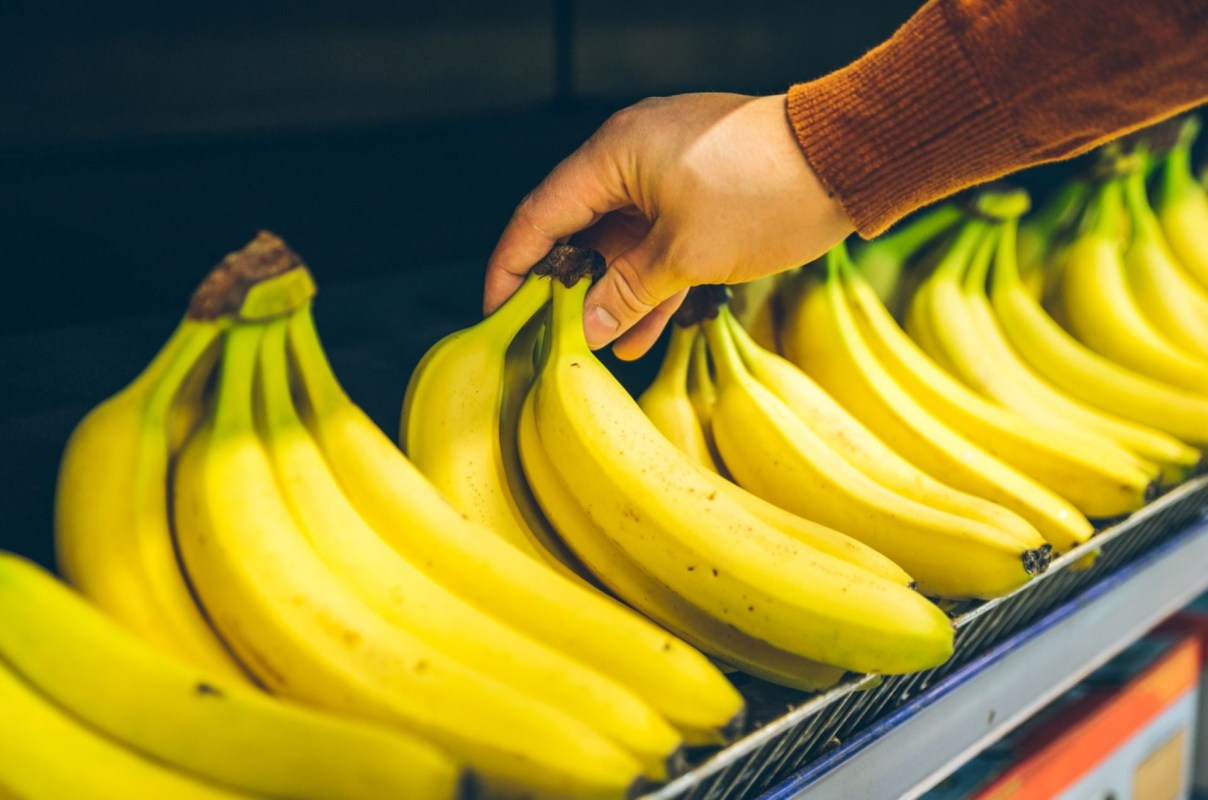Global heating is causing problems for a variety of crops, including cocoa, olives, soybeans, and even potatoes.
Now, scientists are warning about a double threat that warming temperatures bring to banana plants.
What's happening?
As thermometer readings increase, bananas are not growing as prominently as they should, as professor Dan Bebber, an expert of sustainable agriculture and crop pathogens, told CBS News.
But the changing climate also brings another problem. Diseases are now more likely to proliferate among banana crops in higher temperatures, with one in particular presenting a huge risk to farmers' livelihoods.
The TR4 fungus has been described by the World Banana Forum as among the "most aggressive and destructive" fungi in agricultural history. Sabine Altendorf, an economist for the United Nations' Food and Agriculture Organization (FAO), said that no pesticide or fungicide is effective against it and once it takes hold, it can be devastating.
"Once a plantation has been infected, it cannot be eradicated," she said, per CBS News.
Why is this concerning?
According to the International Institute for Sustainable Development, bananas and plantains are the fourth-most important staple crop worldwide and "are essential to maintaining food and nutritional security among 400 million people in producing countries."
If banana crops diminish, this could profoundly impact the health and livelihoods of millions of people.
With 2023 confirmed as the hottest year since records began by the National Oceanic and Atmospheric Administration and 2024 seemingly on a similar trend, the likelihood of heat or disease affecting crops increases.
What's being done to protect banana crops?
Countries worldwide are dealing with rising food prices because of inflation, war, and increasing demand, and a possible scarcity could increase the cost of bananas faster than the typical rate.
However, experts suggest that prices should rise now to anticipate expected losses, supporting banana-growing countries as they deal with the impact of climate change.
Bebber is one advocate for this change, which would help farmers prepare for rising temperatures and increase their workers' pay.
"Consumers have benefited from very, very cheap bananas over the past few decades," he told CBS News. "But it's not really a fair price, so that is really something that needs to be looked at."
"Higher prices will actually not make a big difference at the consumer end, but will make a large difference along the value chain and enable a lot more environmental sustainability," Altendorf added.
While changes in the food supply chain may be needed to counter the effects of global warming, reducing pollution that traps heat in the atmosphere and leads to warmer temperatures is something that everyone can do.
Whether it's switching off energy vampires at night, taking the bus to work rather than driving, or avoiding meat once a week, the impact of such changes can be profound.
Join our free newsletter for easy tips to save more, waste less, and help yourself while helping the planet.








